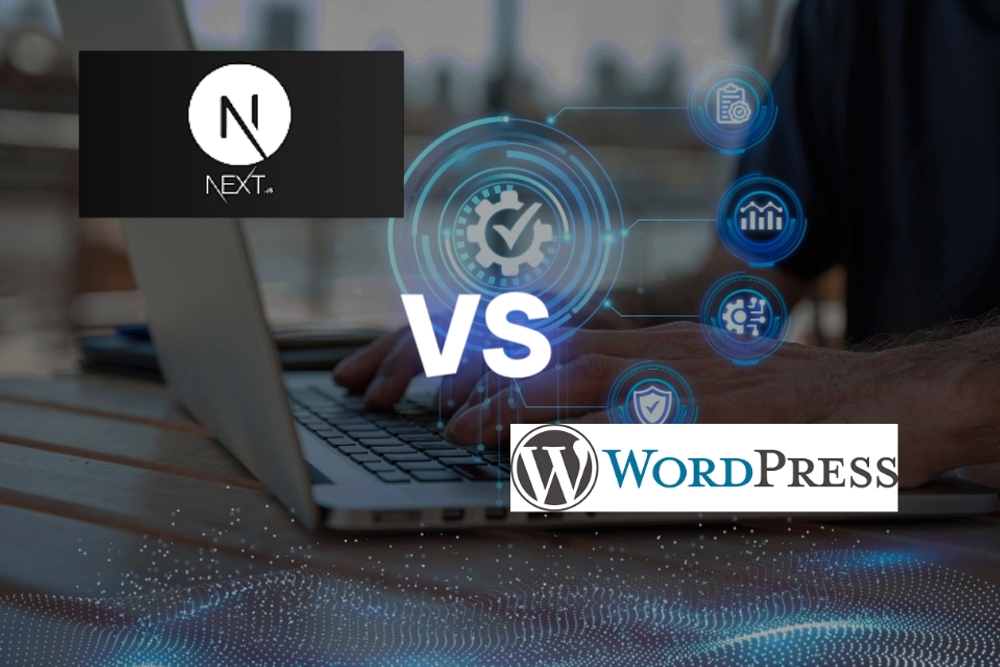Published
- 2 min read
Next.js vs WordPress: Which One Is Right for You?

Choosing between Next.js and WordPress depends on your project needs and technical skills. Both are excellent tools, but they serve different purposes. Let’s explore their differences so you can make the best decision for your website.
What is Next.js?
Next.js is a framework built on React, a JavaScript library. Developers use Next.js to create fast, high-performance websites and applications. It supports server-side rendering (SSR) and static site generation (SSG) to load pages quickly and improve user experience. It’s a great choice for projects where performance and code control are priorities.
What is WordPress?
WordPress is a content management system (CMS) that powers millions of websites. It’s user-friendly and perfect for people with little technical knowledge. You can easily create, publish, and manage content. WordPress is popular for blogs, business websites, and content-heavy sites. It offers themes and plugins to customize your site.
Key Differences Between Next.js and WordPress
1. Ease of Use
- Next.js: You need coding skills in JavaScript and React. It’s developer-focused and not beginner-friendly.
- WordPress: It’s easy to set up and use. Even non-technical users can build a website quickly.
2. Performance
- Next.js: It’s optimized for speed. Server-side rendering and static site generation make pages load faster, which is great for high-traffic sites.
- WordPress: It can be slower, especially with many plugins. Proper optimization like caching can improve performance.
3. Customization
- Next.js: It gives full control over your website. Developers can create unique features without limitations.
- WordPress: It’s highly customizable using themes and plugins, but less flexible for complex, custom solutions.
4. SEO
- Next.js: Pre-rendering helps search engines crawl and index your site effectively. This improves your SEO performance.
- WordPress: SEO plugins like Yoast make optimization simple. Dynamic content may require extra work to achieve the best results.
5. Cost
- Next.js: It’s free, but you may need a developer, and hosting costs could be higher.
- WordPress: It’s free too, but premium themes, plugins, or hosting might add to the cost. It’s generally cheaper for small projects.
Which Should You Choose?
- Choose Next.js if you want a fast, custom website with full control. It’s ideal for developers building high-performance sites.
- Choose WordPress if you want an easy-to-use platform for managing content. It’s perfect for blogs, small businesses, and content-focused sites.
Conclusion
Next.js and WordPress are powerful tools for building websites. Next.js is best for developers who need speed and flexibility, while WordPress is ideal for those who prioritize simplicity and content management. Think about your goals and skills before deciding. Both options can help you create a great online presence!
